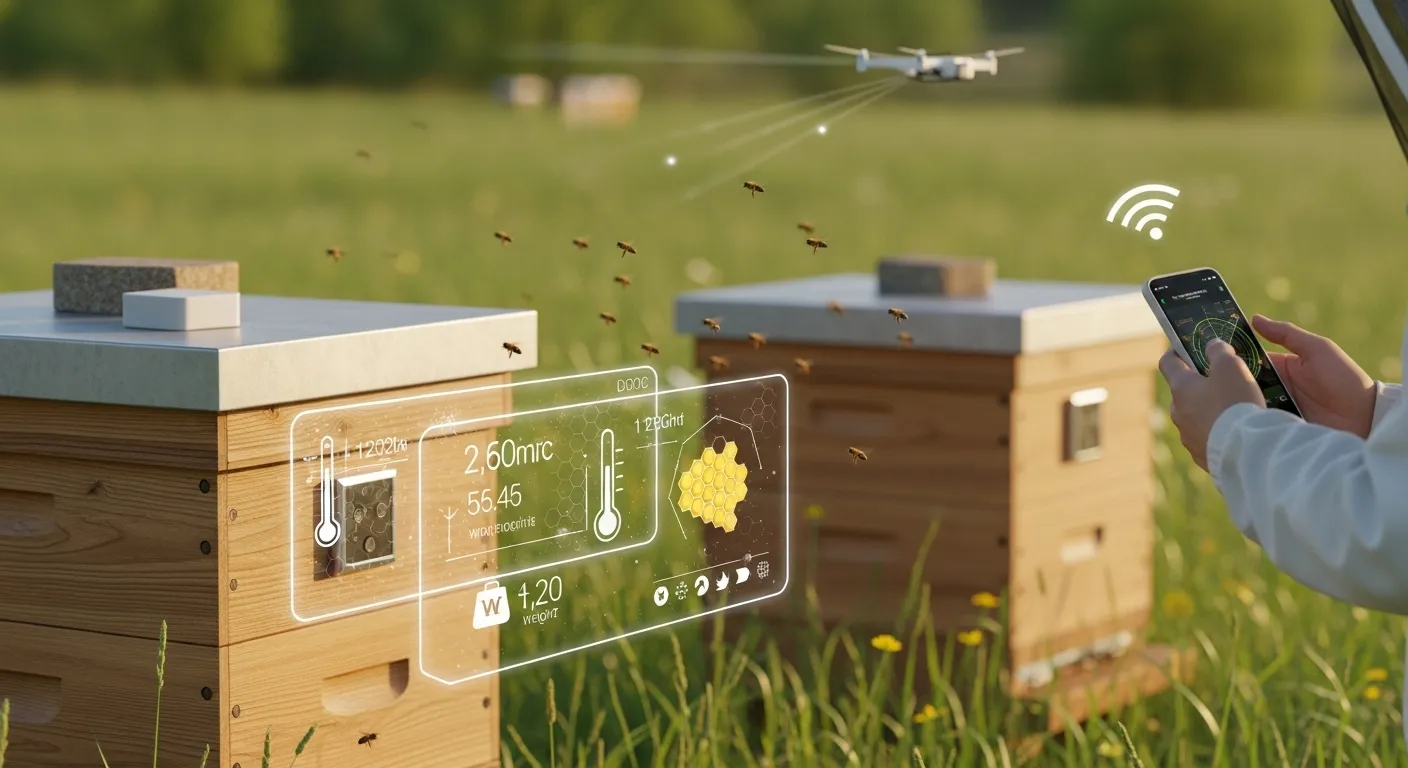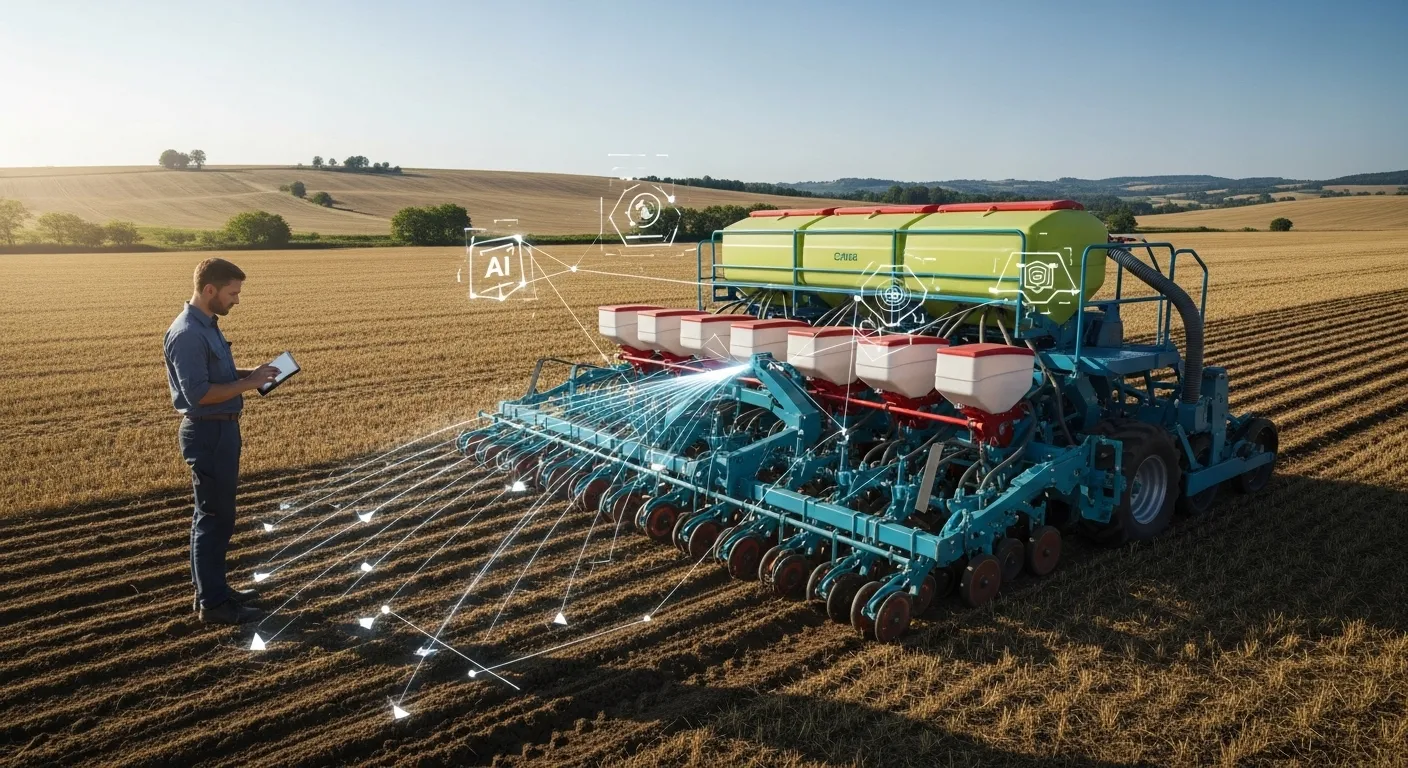Helping Africa Preserve Its Forests: Russian IT System Expands Global Environmental Reach
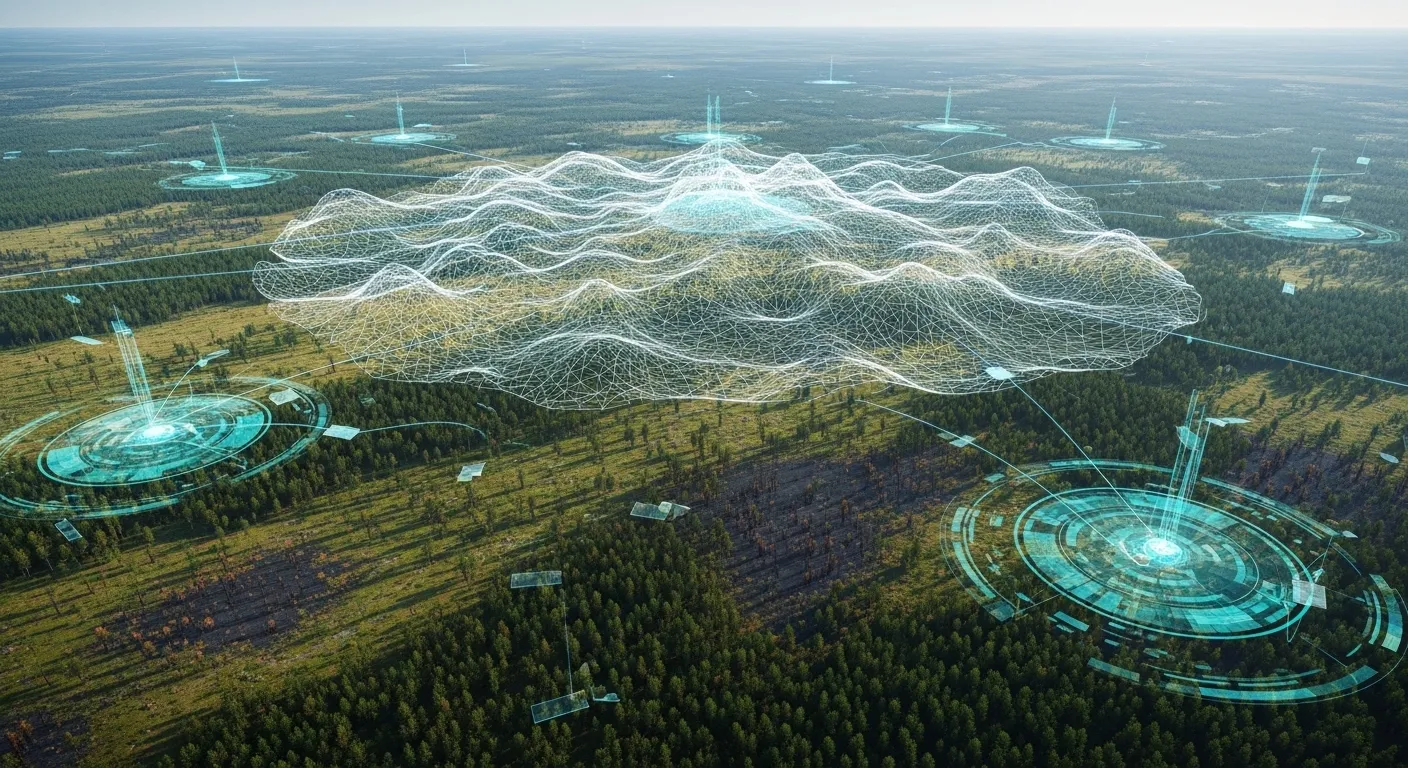
A satellite-based AI system developed in Siberia is helping fight illegal logging and desertification—and could soon protect millions of hectares of African and Asian forests.
AI Watches Over the Forests of Yugra
Launched in 2020 in the Khanty-Mansi Autonomous Okrug (Yugra), the 'Forest Control' system uses artificial intelligence and satellite imagery to detect illegal logging, forest fires, and environmental degradation. While traditional methods processed satellite data only once or twice per quarter—and for limited areas—this AI-driven system performs territory-wide scans two to three times per month and identifies violations up to 30 times faster.
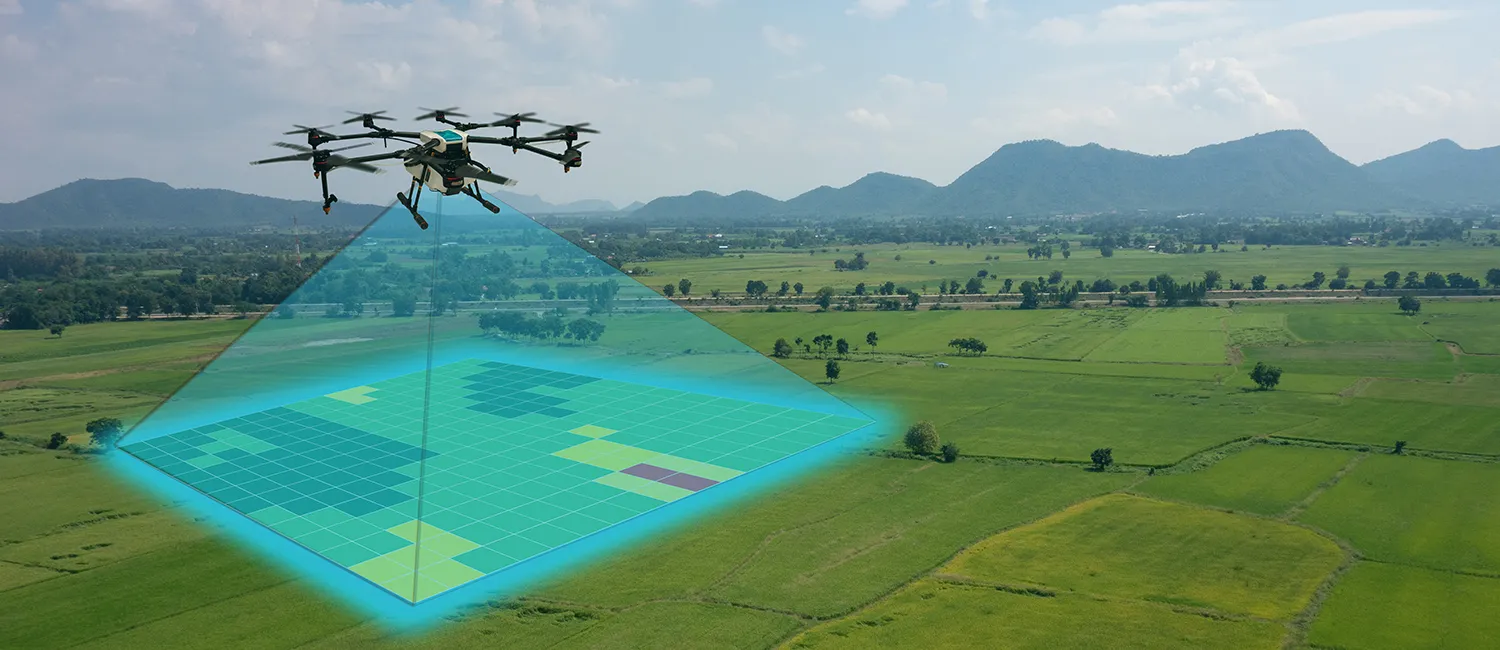
Neural networks are trained to recognize clear-cut areas even under cloud cover. Since its implementation, illegal logging in the region has dropped by more than 90%. For a region dominated by boreal forest, this shift represents a major victory in environmental stewardship through digital innovation.
A Siberian System Heads to Africa
After proving its value in Russia, the system is now poised for international deployment. Angola and Zimbabwe—where illegal deforestation and desertification are accelerating—have expressed interest. Africa loses approximately 4 million hectares of forest annually, the highest rate of deforestation globally. The Forest Control system offers a scalable, flexible solution that could be adapted to local needs.
Beyond logging, the system can detect oil spills and land pollution, making it a multifunctional environmental monitoring tool. Its flexibility and high-resolution outputs give it a distinct edge over existing platforms, such as Copernicus Forest Monitoring (EU, 2022) and Global Forest Watch (2019), which often lack region-specific configuration and processing speed.
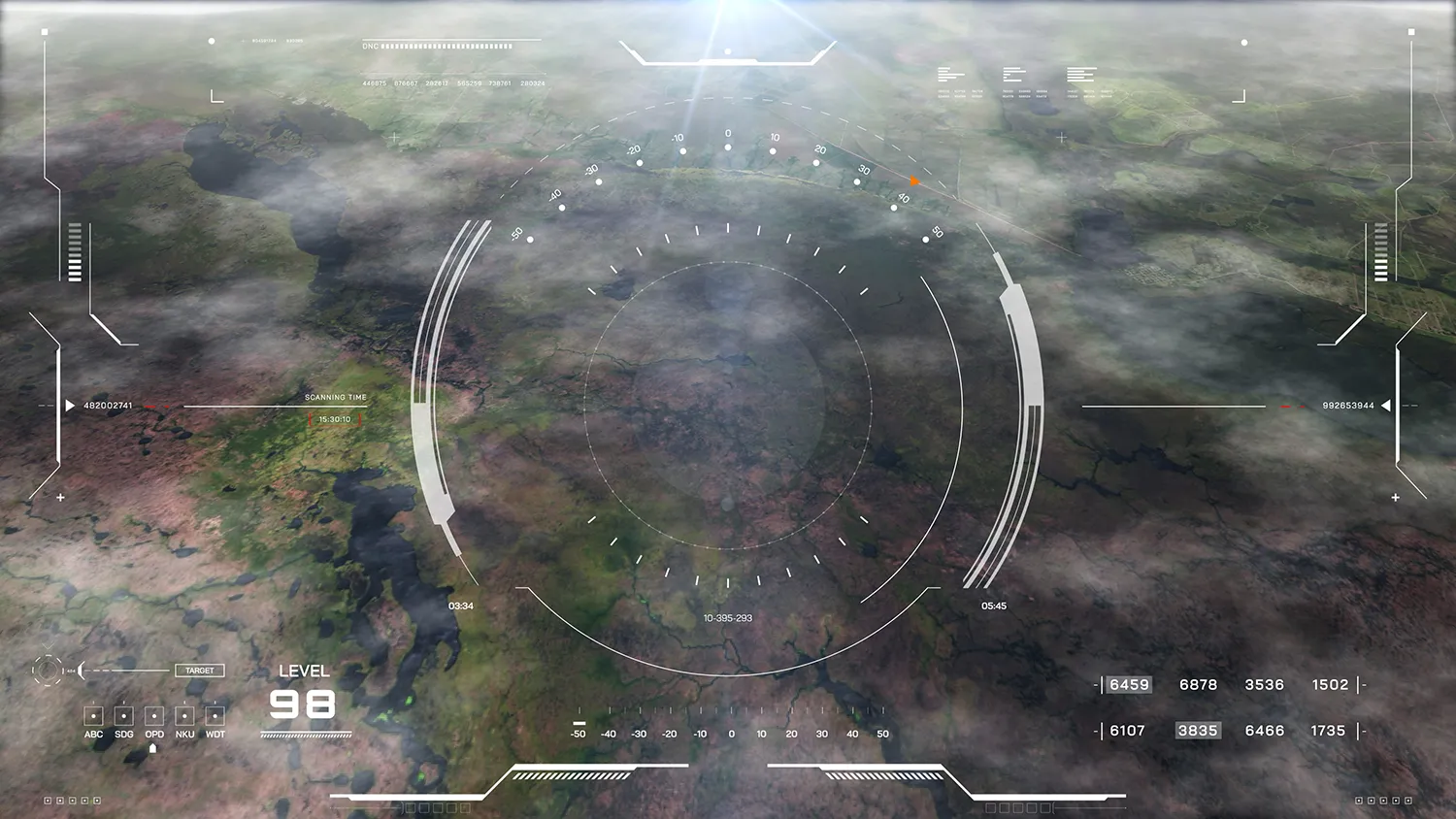
Next: Asia and the Global South
Interest in the Russian-developed platform is also growing in Central Asia. Uzbekistan, Kyrgyzstan, and Sierra Leone have signaled their willingness to explore collaborative pilots. Future deployments will require localized adaptation, including partnerships with universities and NGOs to fine-tune the AI algorithms for regional forest characteristics.
These international projects may form the foundation for a global digital ecosystem of forest monitoring, with Russia emerging as a key player in the sustainable tech market. The system’s strong performance at home makes it a compelling export, especially for nations in the Global South with urgent ecological challenges and limited digital infrastructure.
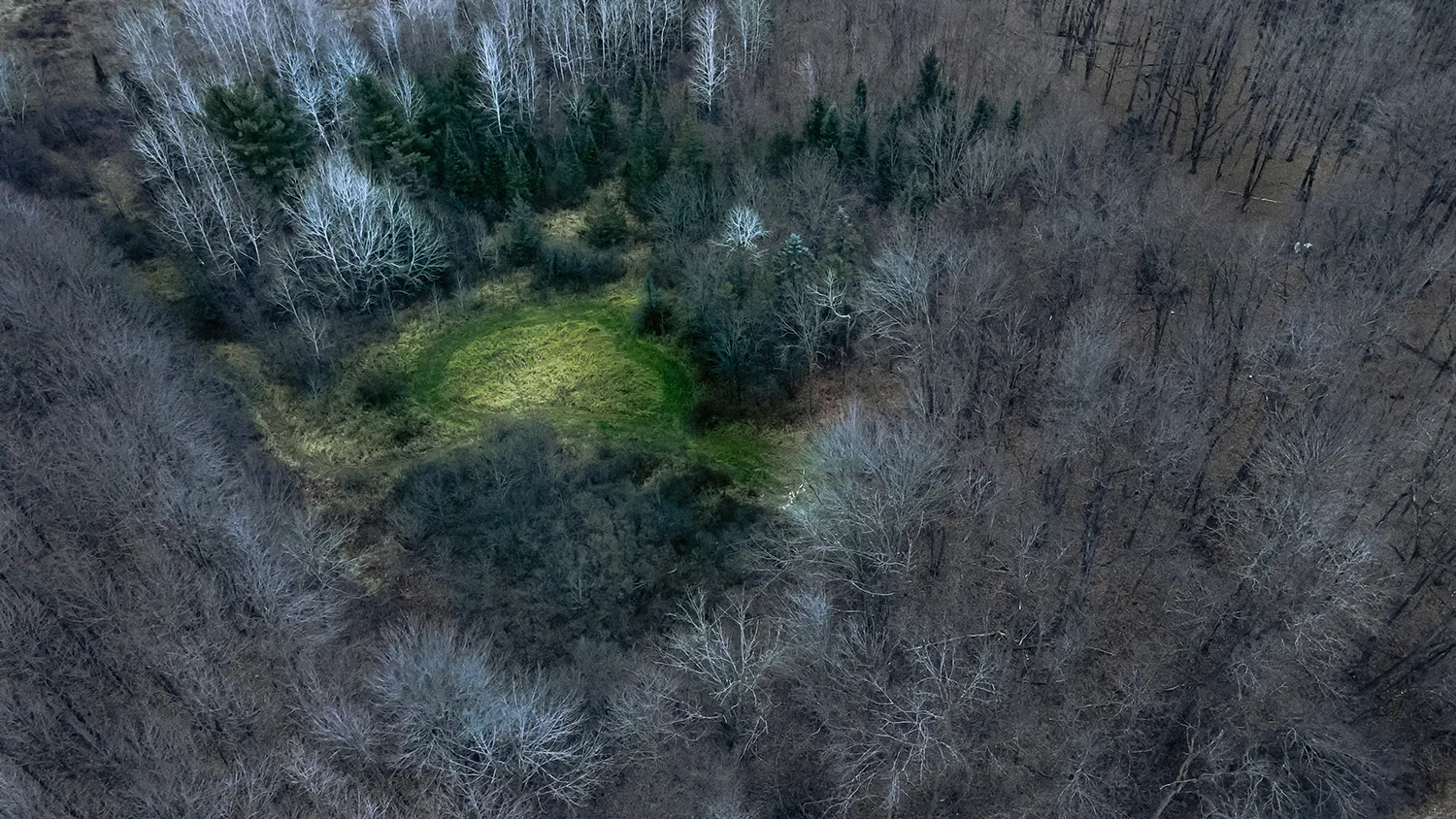
A Local Startup With Global Potential
Pilot initiatives in Angola and Zimbabwe are expected in 2025–2026. Additional collaborations with Central Asian nations will also expand. If successful, the Forest Control platform could be integrated into a global forest intelligence network that supports ecological resilience, sustainable land use, and biodiversity preservation.
The success of this regional innovation shows that IT products developed far from global tech hubs can play a vital role on the world stage. Russia’s Yugra has demonstrated that local expertise, paired with AI, can deliver scalable environmental solutions that cross borders and ecosystems.






